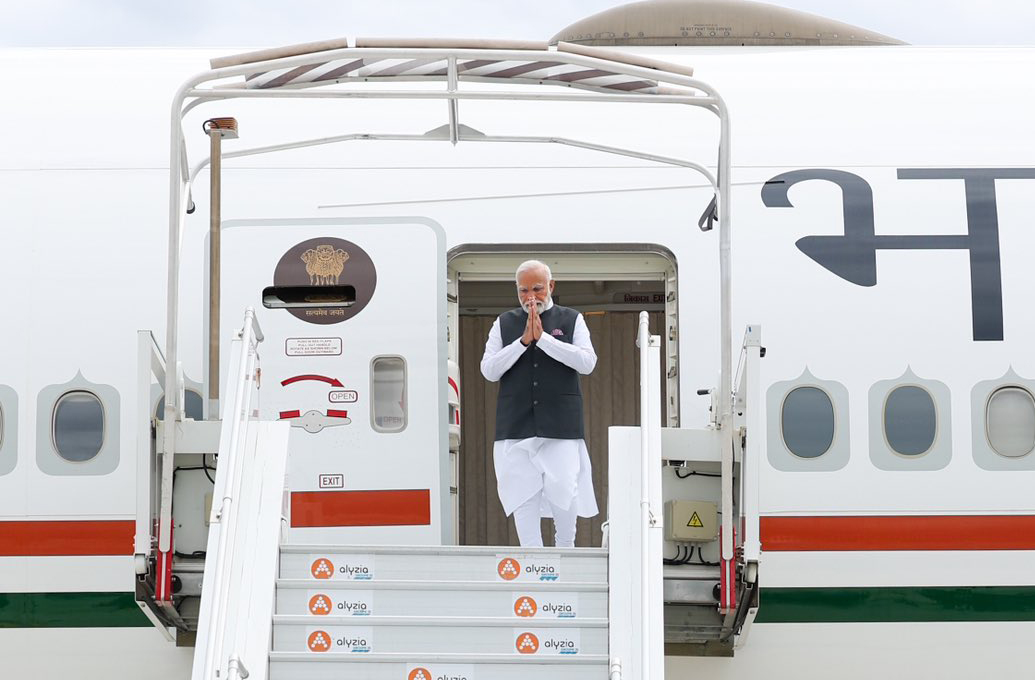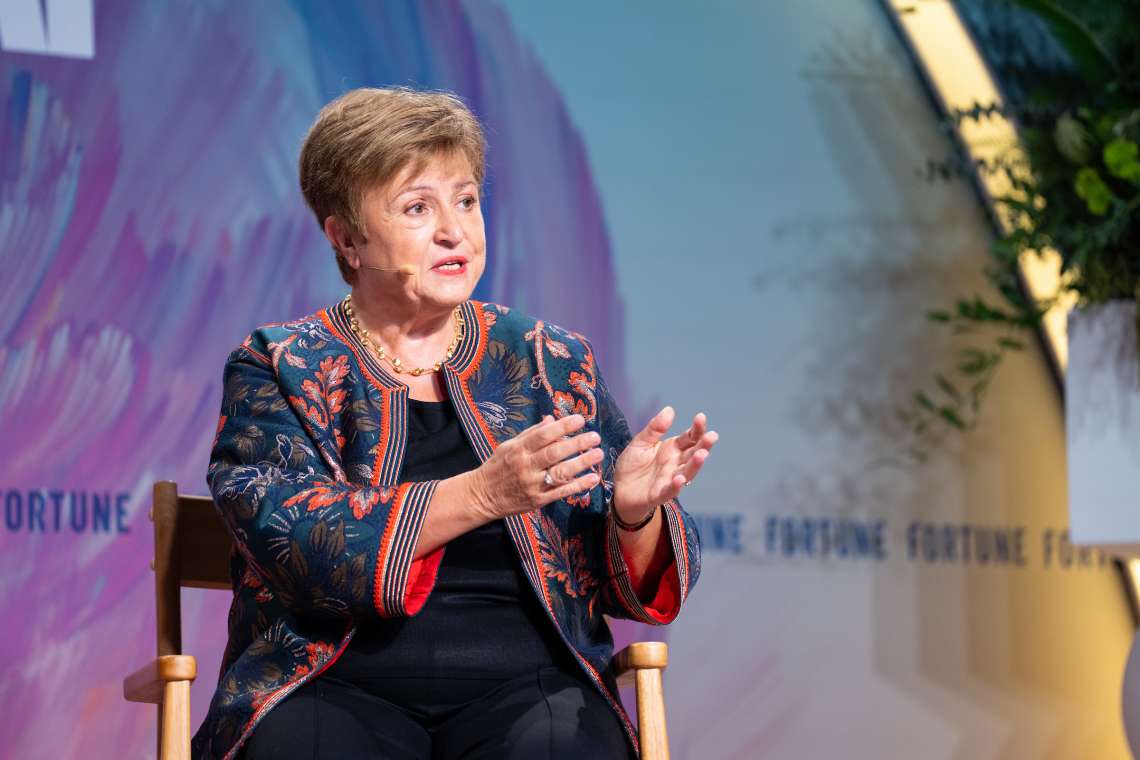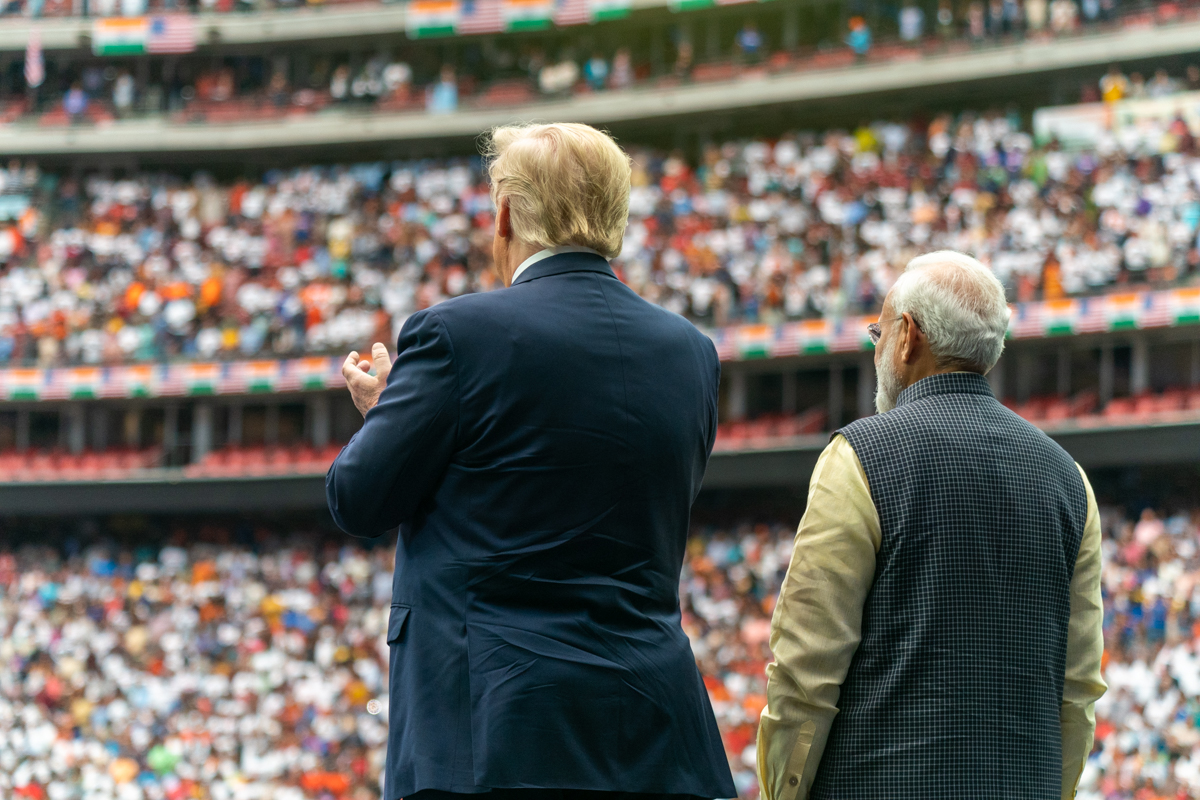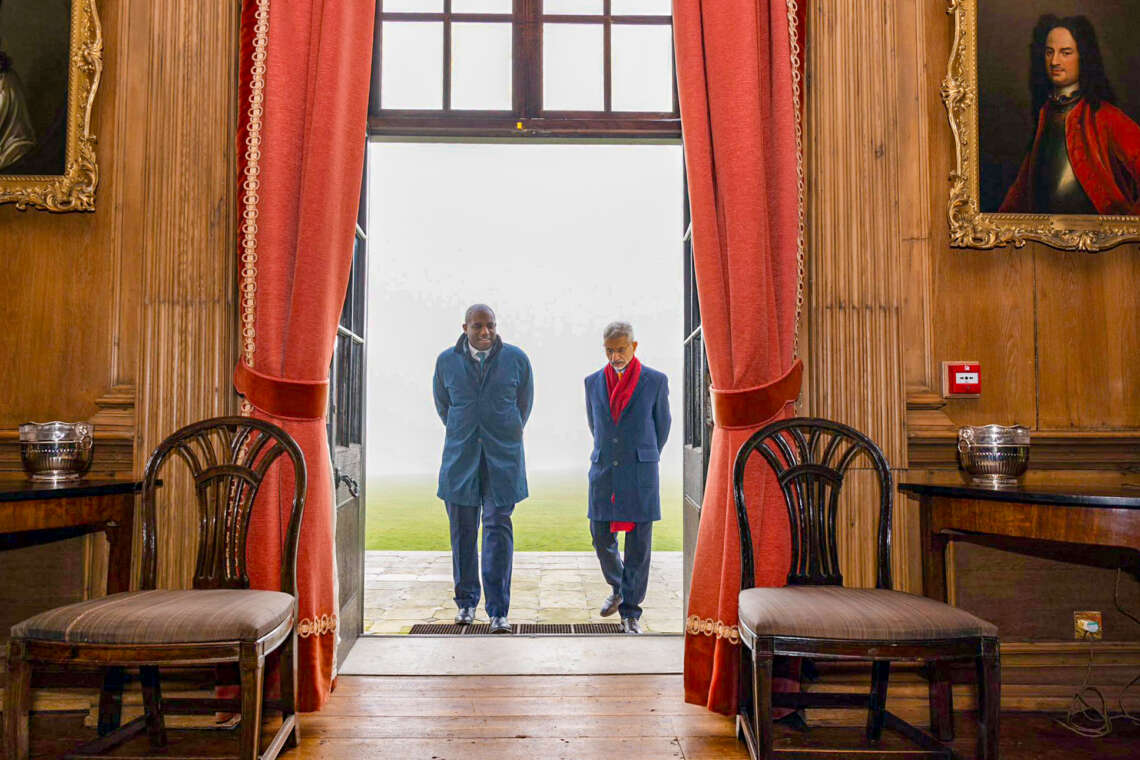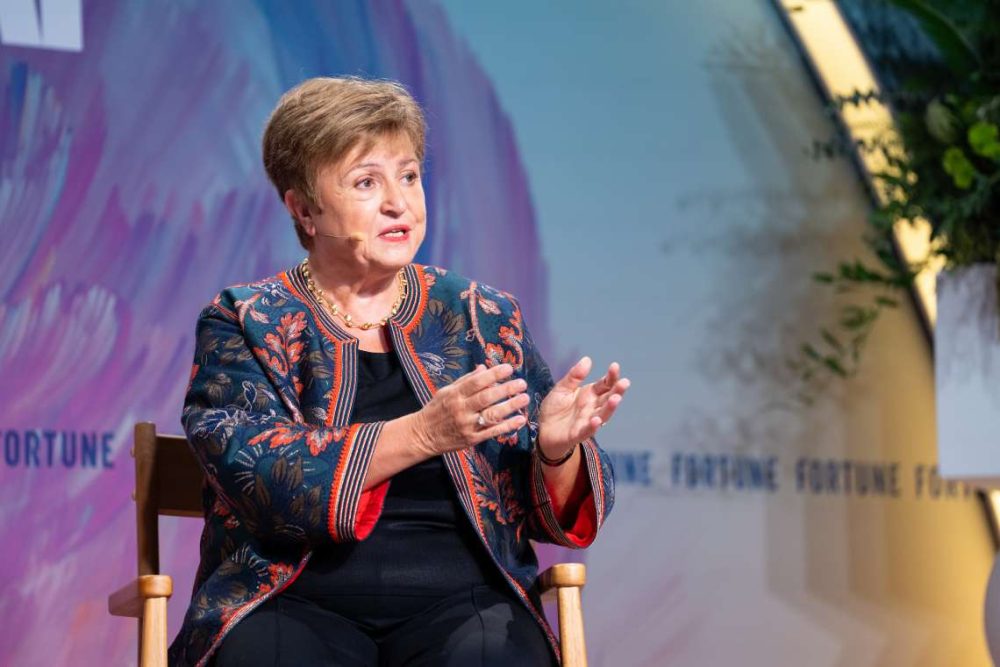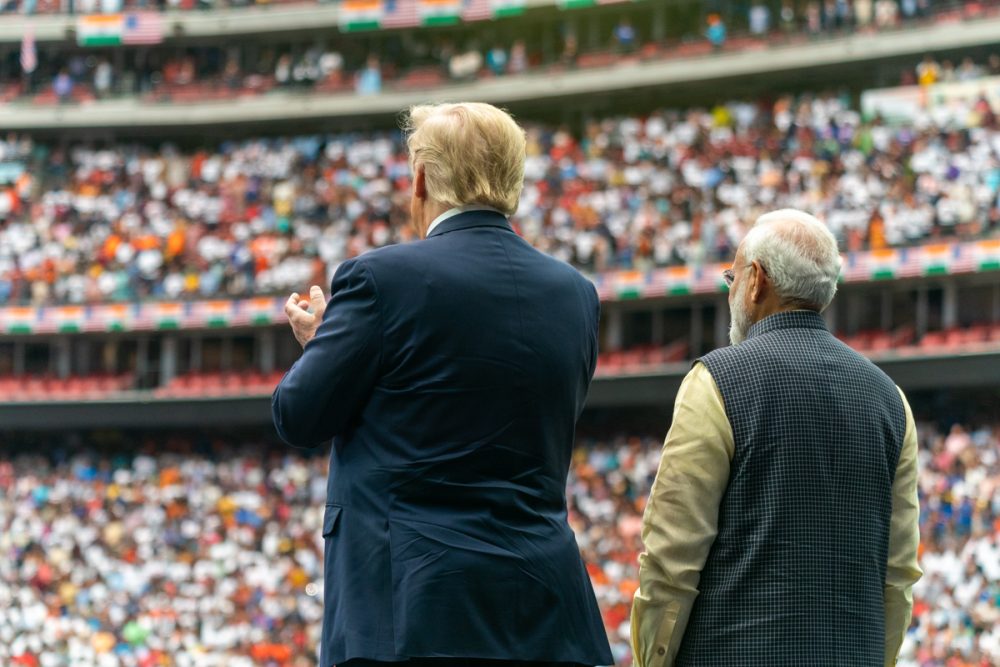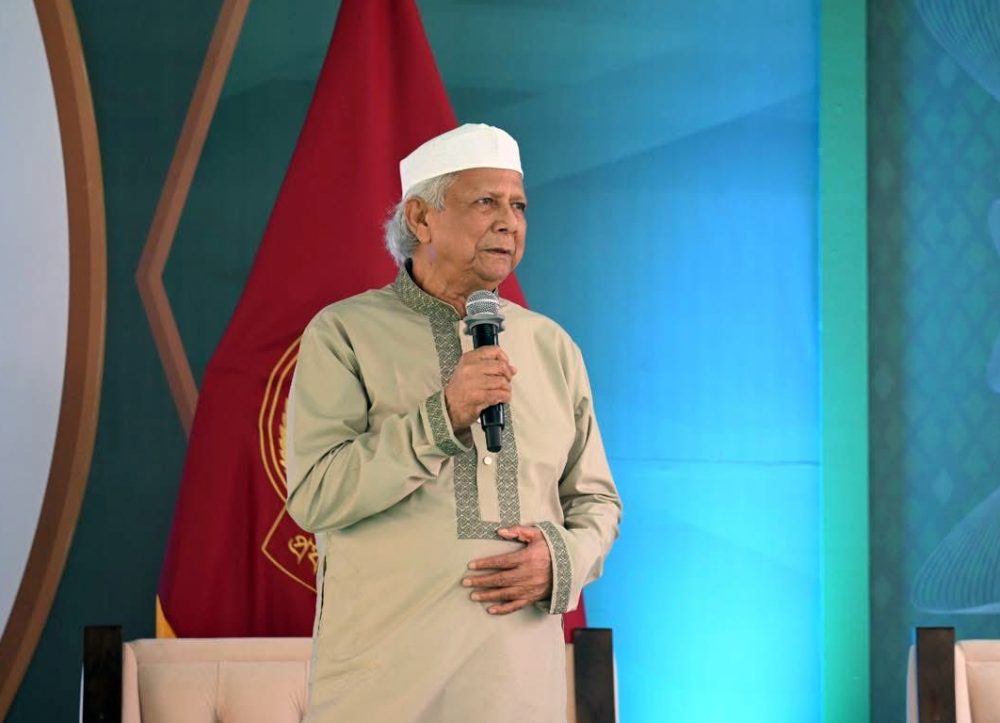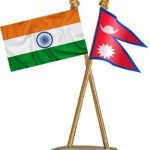The visit was slated to include India’s participation in the 3rd India-Nordic Summit in Oslo on May 15–16.
Prime Minister Narendra Modi has postponed his forthcoming visits to Norway, Croatia, and the Netherlands, originally scheduled to begin on May 13, amid rising regional tensions following India’s precision military strikes under Operation Sindoor. The visit was slated to include India’s participation in the 3rd India-Nordic Summit in Oslo on May 15–16.
The decision comes just days after a coordinated attack by India’s Armed Forces on nine terrorist camps — four in Pakistan and five in Pakistan-occupied Jammu and Kashmir (PoJK) — in response to the April 22 terror attack in Pahalgam, Jammu and Kashmir. The Pahalgam incident, attributed to Pakistan-based terror outfit The Resistance Front (TRF), claimed 26 lives, including a Nepali national, and left several others injured.
The military retaliation, dubbed Operation Sindoor, was launched in the early hours of Wednesday. Conducted between 1:05 am and 1:30 am, the joint strike involved the Indian Army, Navy, and Air Force. Addressing the media, senior defence and foreign affairs officials outlined the operation’s targets and reaffirmed that the mission was “measured, proportionate and designed to avoid civilian casualties.”
Foreign Secretary Vikram Misri, Colonel Sofiya Qureshi, and Wing Commander Vyomika Singh jointly briefed reporters in Delhi, listing the nine camps that were destroyed based on prior intelligence.
Colonel Qureshi provided specific details: “The four terror camps in Pakistan that were targeted include Sarjal and Mehmoona Joya in Sialkot, Markaz Taiba in Muridke, and Markaz Subhanallah in Bahawalpur.” She added that the Sarjal camp was where the terrorists involved in the March 2025 killing of four Jammu and Kashmir police personnel were trained. The Mehmoona Joya camp, one of the largest hubs of Hizbul Mujahideen, was also linked to the 2016 Pathankot air base attack.
Qureshi noted that Markaz Taiba, which trained 26/11 attackers like Ajmal Kasab and David Headley, was targeted in Muridke. Meanwhile, the Jaish-e-Mohammed headquarters in Bahawalpur — 100 km inside Pakistani territory — was also destroyed. “These were not random targets. Each site had a documented history of aiding cross-border terrorism,” she said.
She stressed that “no military installations were struck” and that “there were no reports of civilian casualties.” This approach underscores India’s message to the international community that its actions were non-escalatory and aimed solely at eliminating terror infrastructure.
In a development with regional diplomatic significance, Iranian Foreign Minister Seyed Abbas Araghchi arrived in Delhi on Thursday, coinciding with the 75th anniversary of the India-Iran Friendship Treaty. He is in India to co-chair the 20th India-Iran Joint Commission Meeting with External Affairs Minister S. Jaishankar.
The Ministry of External Affairs welcomed Araghchi, calling the visit “a timely opportunity to deepen bilateral cooperation.” The Joint Commission will discuss wide-ranging topics including trade, energy, connectivity, and regional security.
This marks Araghchi’s first official visit to India since assuming office in August 2024. He is also expected to call on President Droupadi Murmu at Rashtrapati Bhavan.
While the Joint Commission is typically an annual affair, this iteration comes after a gap due to the COVID-19 pandemic and domestic challenges in both nations. According to both governments, the meeting will “review and follow up on the latest status of implementation of bilateral economic agreements.”
The Iranian Foreign Ministry has expressed concern over the India-Pakistan tensions, urging restraint. Foreign Ministry spokesman Esmail Baghaei said on Wednesday, “The growing tensions and clashes between two major nations, both of which share long-standing ties of friendship with Iran, are a matter of serious concern.”
Iran has openly condemned the Pahalgam terror attack. On X, Araghchi stated: “Iran strongly and unequivocally condemns the terrorist attack against tourists in Pahalgam. Our thoughts and prayers are with the innocent victims and their families.”
Significantly, Araghchi had visited Pakistan earlier this week, where he met with Pakistani Foreign Minister Ishaq Dar, as part of Iran’s outreach to both sides amid growing volatility in the region.
While the Nordic visit postponement reflects India’s prioritisation of regional security over diplomacy abroad, it also sends a message to global partners that India is prepared to act decisively in response to terrorism while remaining open to constructive diplomatic engagement.
With global powers such as the United States, the United Kingdom, and now Iran urging calm and communication, New Delhi is walking a tightrope — reaffirming its commitment to national security while carefully managing diplomatic sensitivities on the international stage.


